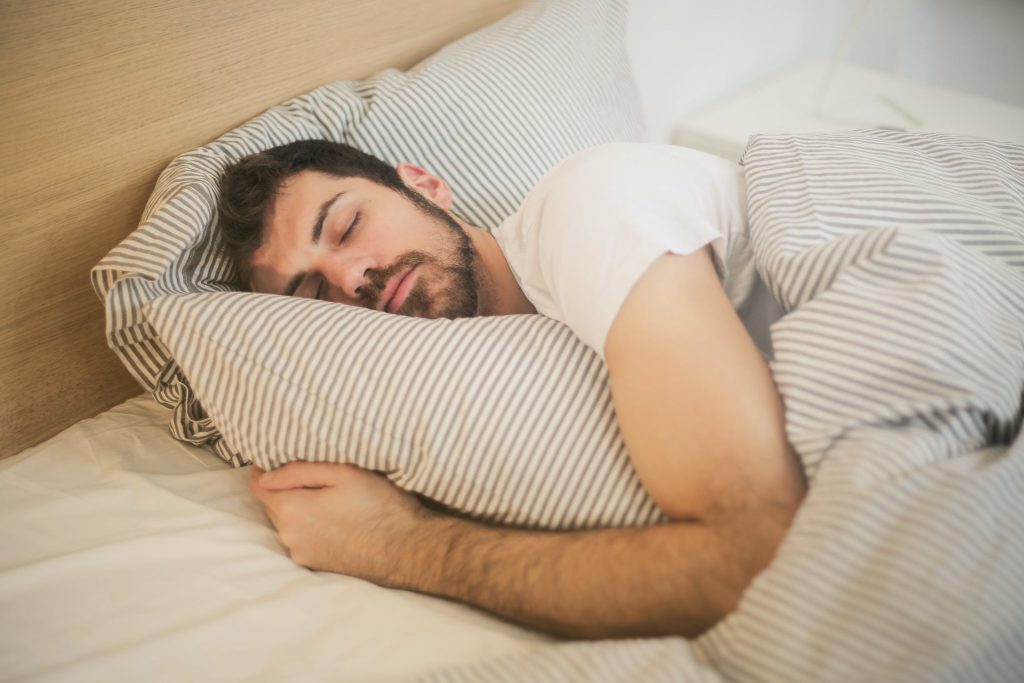We all know how it feels to go about normal life after a night of bad sleep; you’re left feeling as if you’re slugging your body around, you’re experiencing brain fog and your overall performance and function are not their best.
Even worse, continuous lack of sleep and exhaustion can result in a plethora of negative health issues that lead to a lack of motivation to move and exercise. This small factor can result in more restlessness the following night.
While one or two nights of bad sleep on occasion will not have any significant effect on your overall health and wellbeing, over a longer period, a pattern of sleeplessness can lead to serious health concerns.
On top of the common effects on your energy and performance, a continuous cycle of sleep deprivation and poor sleeping patterns run the risk of developing chronic health conditions.
Increased anxiety, depression, high blood pressure, lower sex drive, affected physical appearance, impairment in immunity and weight gain are just some of the chronic health concerns that can arise due to long-term sleep deprivation.
What is the recommended amount of sleep I should be getting per night?
It has been recommended by the National Sleep Health Foundation that 7-9 hours of sleep should be achieved per night by adults.

Will exercising improve my sleep?
There have been significant positive links between exercise and quality of sleep. On one hand, a good sleep schedule and quality sleep will increase your motivation to workout. On the other hand, exercising will aid in you achieving a better quality of rest.
Exercising improves your sleep in a variety of ways, including aiding your ability to fall asleep, increasing the duration of your sleep and improving the quality of your sleep.
There are three vital pillars of achieving “good health”, two of these are sleep and exercise, alongside nutrition.
Your nutrition will also affect your sleep.
The most difficult aspect of changing your sleeping patterns is mustering the motivation to begin, creating regular habits, and pushing through the initial effects that one experiences due to the sleeplessness you’re trying to solve.
Despite this, if you can invest the time and energy into exercising, you will soon see the significant improvements to your sleeping patterns. Slowly but surely, your goals will not seem as overwhelming and impossible as they appeared in the past.
How much should I be exercising per week?
While every individual has different needs that are required to accurately answer this question, the World Health Organisation has recommended 150-300 minutes of moderate to vigorous intensity exercise per week for adults is required to sustain a “healthy” lifestyle.
To ensure a good night’s sleep, they recommend that you complete some form of exercise every single day – though, this should not be completed close to bedtime or it can have the opposite effect.
If you have any questions, feel free to get in touch with our team today.

